GRADUATE STUDENTS
Jay Schoen
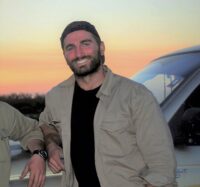
Jay Schoen is a PhD student in Columbia University’s Ecology and Evolutionary Biology Program, in the Department of Ecology, Evolution and Environmental Biology (E3B). His research interests are in carnivore movement ecology, specifically increasing knowledge of distribution and understanding of large carnivore movement in human-altered areas to inform conservation efforts. His current projects focus on tiger connectivity in central India and jaguar distribution and connectivity in the Paraguayan Atlantic Forest. Jay is broadly interested in bringing wildlife science and conservation to the forefront of the public eye by inviting diverse audiences into conversations about balancing the well-being of nature and humans.
Rupinder Bakhshi

Rupinder is interested in coupled socio-ecological systems inclusive of community-based forest management, human wildlife conflict and coexistence, and landscape ecology. She worked on diverse aspects of community engagement for conservaon at WWF-India for four years, and received a Fulbright fellowship to pursue a master’s degree at Duke University (2018-2020). Her doctoral research will likely explore intersecons between resource tenure, forest management, conflict and conservaon outcomes in central India.
Michael Levin
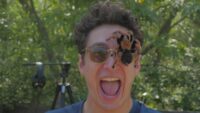
Michael translates his interest in the regions where humans and wildlife actively share the landscape into research on the movement ecology of meso-carnivores in North America. His PhD research is on renewable energy landscapes, and specifically focuses on how solar energy infrastructure may influence the movement and habitat selection of bobcats through solar-dense regions of North Carolina.
Erich Eberhard

Erich is interested in using emerging technologies to better understand the link between biodiversity and ecosystem services in tropical landscapes, with the goal of informing land-use strategies that advance conservation and human wellbeing. To complement his research, he develops multimedia projects that explore environmental narratives and enable community participation in research and management. He is co-advised by Ruth DeFries and Shahid Naeem.
Anubhav Vanamamalai
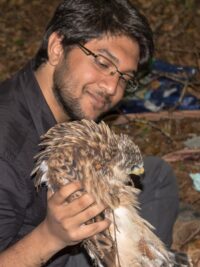
Anubhav’s research is geared towards achieving wildlife conservation goals in a human-dominated landscape, with an emphasis on integrating scientific research with on-ground implementation. His previous work with non-profit organizations in India explored the effective use of conservation technologies in addressing human-wildlife conflict. His doctoral research work will focus on human-wildlife interactions, landscape ecology and land-use change, and the intersection of policy, economics, and wildlife conservation.
Linnea Norton
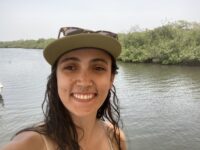
Linnea studies how past and present changes to the climate and natural resource management practices shape ecological landscapes, focusing on carbon cycling in coastal mangrove forests for her PhD dissertation (co-advised with Dr. Maria Uriarte). A National Science Foundation Graduate Research Fellowships Program recipient, she is interested in how economic incentives in the voluntary carbon market influence ecosystem functioning, local community livelihoods, and climate resilience. Her field work is based in Senegal’s Saloum Delta, where she served as a Peace Corps volunteer before working in carbon finance .
Savannah Cooley
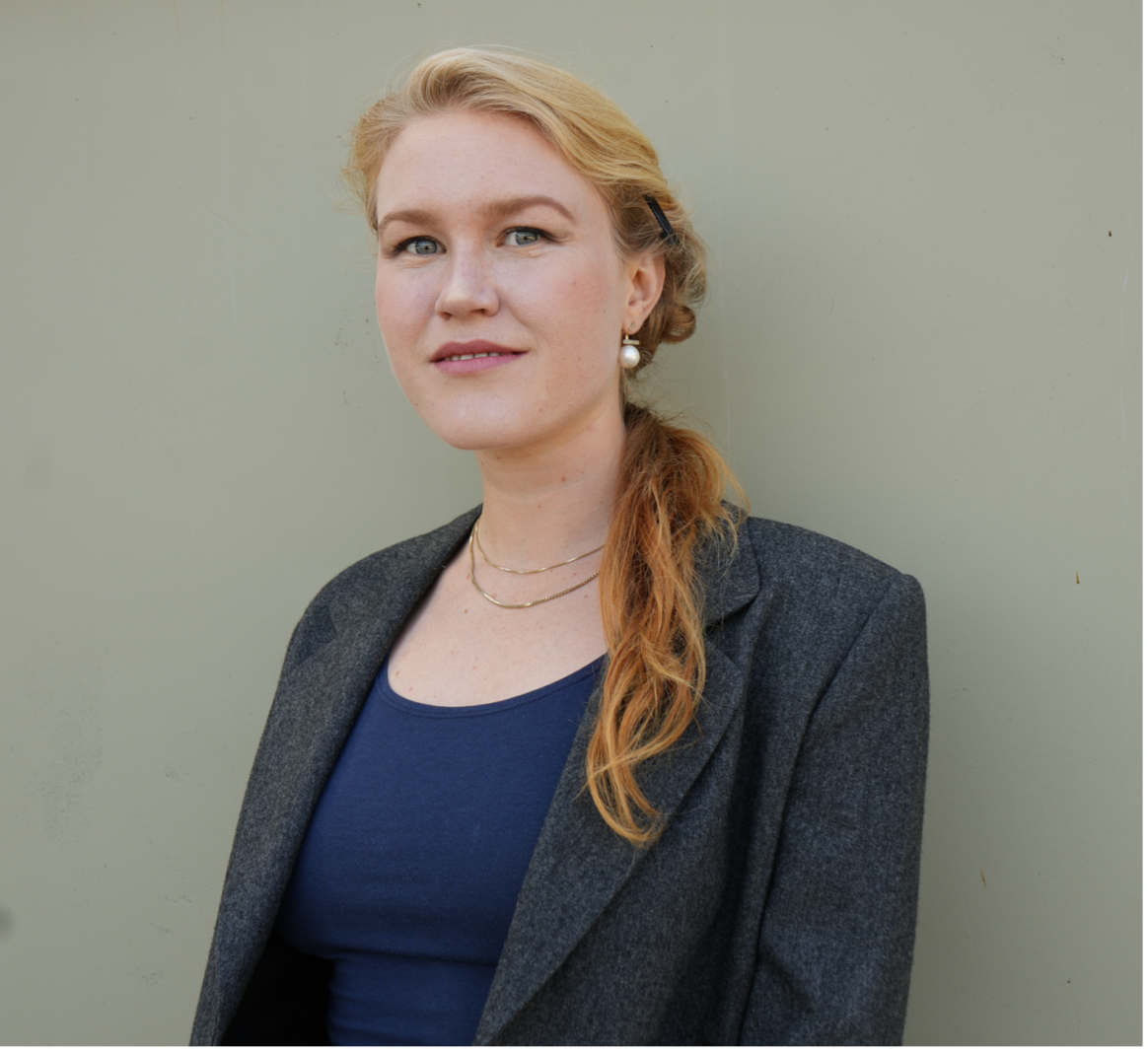
Savannah’s research interests stem from her personal and professional mission of playing a role in mitigating climate change. Her current research focuses on ecosystem regeneration dynamics at landscape and global scales. In particular, she is interested in characterizing how forest regeneration can influence ecosystem-atmosphere exchanges of water, carbon and trace greenhouse gases. To investigate these dynamics, Savannah uses a transdisciplinary toolset suitable for addressing complex socio-ecological challenges that includes remote sensing data, Bayesian statistics, co-production approaches integrating local knowledge and indigenous perspectives, field observations and process-based theoretical modeling. She is co-advised by Dr. Duncan Menge.
POST DOCS
Shivani Agarwal
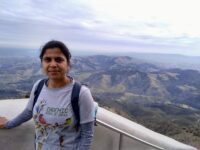
Shivani’s research interest is to understand the patterns and processes behind landscape change from social, ecological, and political perspectives. She is also interested in understanding sustainable land use practices and its implications for land use governance. During her doctoral research, she studied the role of forest institutions in managing forests within and outside Protected Areas in the Vidarbha region of eastern Maharashtra, India. Later as part of her postdoctoral research, she studied land use transitions in Nan Province, Thailand, a landscape dominated by swidden cultivation where deforestation has been a major concern following a rapid transition to permanent maize cultivation. So far, her research has demonstrated how information on spatial changes in pattern can be linked to social surveys to understand the underlying social drivers, thereby establishing a clearer understanding of the pattern process linkages. Here as a postdoctoral scholar, she will be evaluating nature-based solutions projects in the central Indian landscape. She aims to uncover critical social, ecological, and economic realities and practicalities of these initiatives.
Benjamin Clark
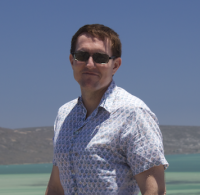
Benjamin Clark received his PhD from the Department of Ecology, Evolution and Environmental Biology. He is now working on nature-based solutions for climate mitigation in India.

